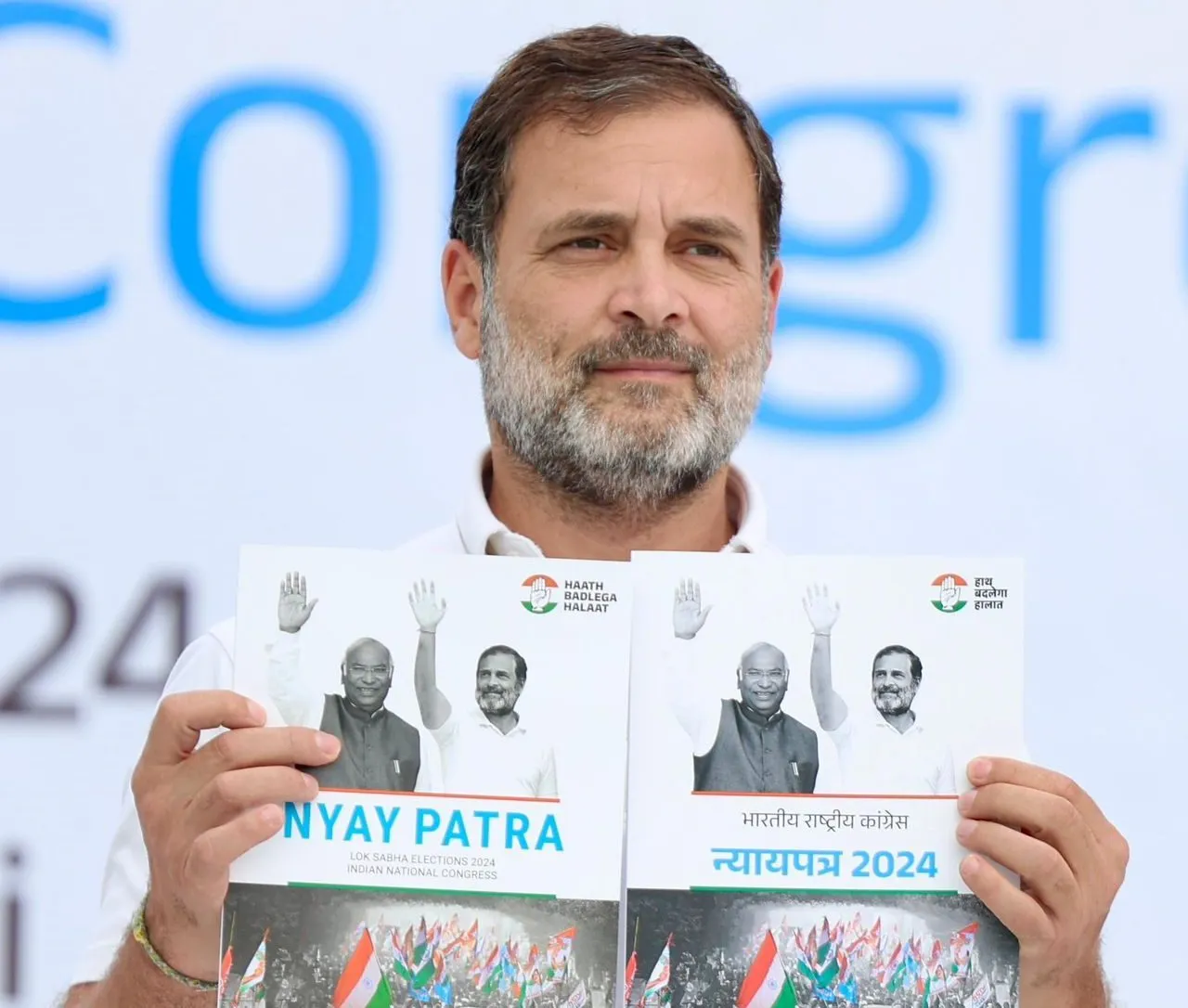The manifesto released by the Indian National Congress (INC) for the upcoming Jammu and Kashmir (J&K) elections has reignited a debate that has been simmering for decades. The promises made by the Congress to revoke Article 370, dismantle the National Security Agency (NSA), quash the new education policy, and repeal laws that prevent forcible religious conversions raise serious concerns about the party’s adherence to constitutional values and its impact on India’s unity and integrity. As the Supreme Court Bar Council Chairman aptly pointed out, merely swearing by the Constitution is not enough; respecting it in letter and spirit is what truly matters. The Congress’s stance, as evident from its manifesto, seems to challenge this very premise. Historically, the Congress party’s relationship with the Constitution has been fraught with contradictions. The most glaring instance is how Jawaharlal Nehru, India’s first Prime Minister and a member of the Congress party, treated Dr. B.R. Ambedkar, the principal architect of the Indian Constitution. Despite his instrumental role in shaping the Constitution, Ambedkar faced insults and marginalization from Nehru, who, by all accounts, did not hold him in the same regard as other Congress leaders. This attitude towards Ambedkar, a leader from a weaker section of society, is a telling indicator of how the Congress has selectively upheld constitutional principles. Since India’s independence, the Congress has employed a strategy of systematically altering the Constitution to serve its political needs. The party’s approach has not only resulted in the manipulation of constitutional provisions but has also led to the division of the country along caste, creed, and religious lines. While the Mughal and British rulers sought to consolidate power, they did not succeed in fracturing India’s social fabric to the extent the Congress has managed to do in its six decades-long rule. The party’s acceptance of the partition of India in 1947, based on religious lines, set a precedent that it seems unwilling to depart from.
The manifesto for J&K is just the latest example of the Congress’s divisive politics. The promise to reinstate Article 370, which granted special status to J&K, essentially reverses the progress made by the BJP-led NDA government in fully integrating the region with the rest of India. The abrogation of Article 370 was a historic move aimed at ending the separatism that had plagued J&K for decades. By pledging to reverse this, the Congress seems more interested in pandering to vote-bank politics rather than promoting national unity. Moreover, the promise to dismantle the National Security Agency (NSA) is another troubling sign. The NSA was established to combat terrorism, a scourge that has claimed countless innocent lives in India. In an era where global terrorism poses a constant threat, proposing the abolition of such an agency raises questions about the Congress’s commitment to national security. The party’s promise to do away with laws that provide for stringent punishment for those who abet violence or commit heinous crimes, such as forcible religious conversions, only adds to these concerns. The Congress’s manifesto also targets the new education policy, which seeks to modernize India’s education system and make it more inclusive and holistic. The Congress’s promise to quash this policy suggests a return to the outdated education models that have failed to equip India’s youth with the skills needed for the 21st century. In doing so, the party is not only denying young Indians the opportunity to compete globally but is also perpetuating an education system that serves its political interests.

The Congress’s manifesto for J&K is not just a political document; it is a stark reminder of the party’s historical legacy of divisive politics. The party’s promises to revoke Article 370, dismantle the NSA, and repeal laws against forced religious conversions are not isolated policy positions. They are part of a broader strategy to divide the country along caste, creed, and religious lines. It is this strategy that has enabled the Congress to maintain its grip on power for so long, even at the cost of national unity. As the younger generation comes of age in an increasingly interconnected and interdependent world, it is imperative to recognize which political parties are genuinely working towards the country’s unity and progress, and which are resorting to divisive politics for short-term gains. The Congress’s latest manifesto for J&K, with its promises to roll back critical reforms, should serve as a wake-up call for those who care about India’s future. Hence, it is time for the younger generation to critically examine the Congress’s actions and promises, and understand the long-term implications of supporting a party that continues to exploit societal divisions for political gain. Only then can India move towards a more united and prosperous future, one that truly upholds the values enshrined in its Constitution.




